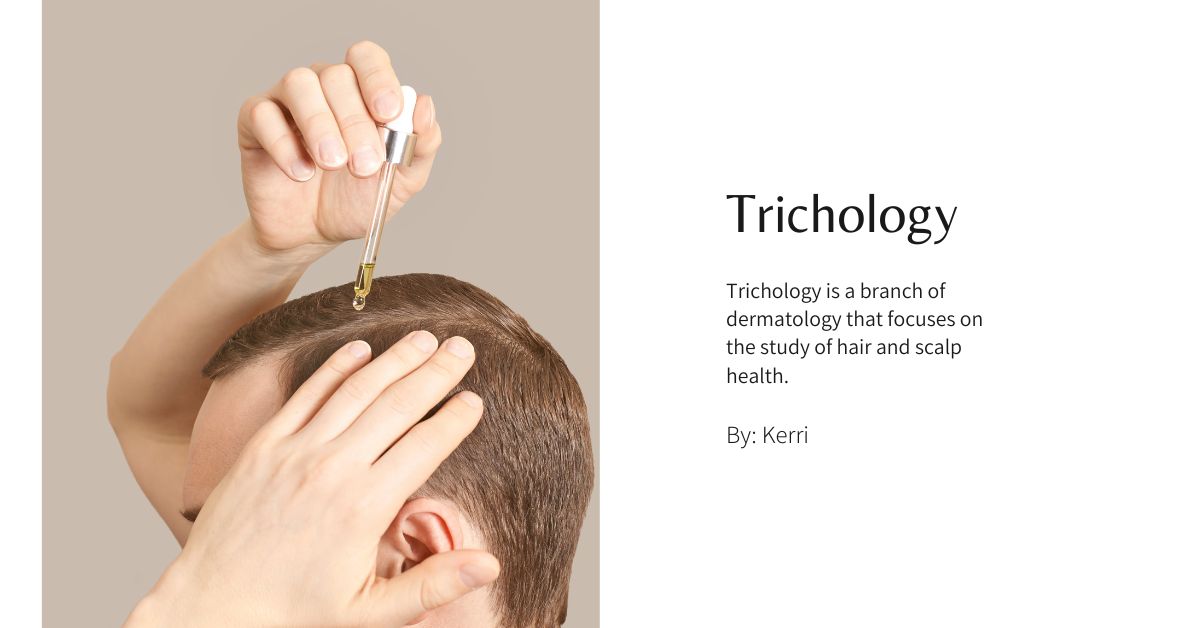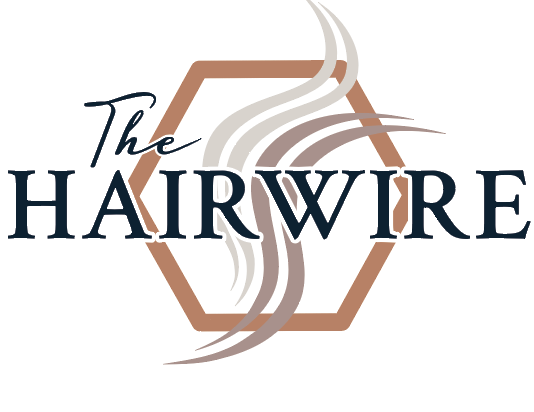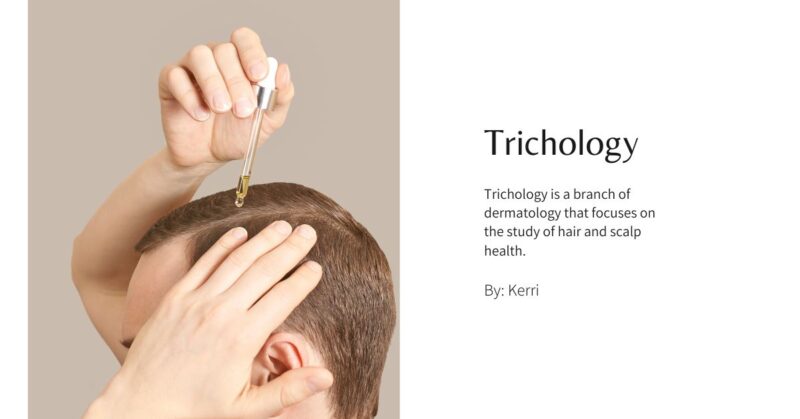Trichology is the scientific study of the hair and scalp. It is a field that combines medical and cosmetic knowledge to help people with hair and scalp problems. Trichologists are specialists who diagnose and treat hair and scalp conditions, including hair loss, dandruff, and scalp itching. In this blog, we will explore the fascinating world of trichology and how it can help you achieve healthy hair and scalp.
What is Trichology?
Trichology is a branch of dermatology that focuses on the study of hair and scalp health. It involves the diagnosis and treatment of hair and scalp conditions, as well as the maintenance of healthy hair and scalp. Trichologists use a variety of techniques to analyze hair and scalp problems, including clinical observation, microscopic examination, and laboratory testing.
Trichology is not just about treating hair and scalp conditions. It also involves educating patients about the best ways to care for their hair and scalp to prevent problems from occurring in the first place. This can include information on nutrition, lifestyle factors, and hair care products.
Common Hair and Scalp Conditions
There are many hair and scalp conditions that trichologists can help diagnose and treat. Here are some of the most common:
- Hair Loss: Hair loss can be caused by a variety of factors, including genetics, hormones, medication, and medical conditions. Trichologists can diagnose the cause of hair loss and recommend treatments such as topical medications, supplements, or hair transplant surgery.
- Dandruff: Dandruff is a common scalp condition that causes flaking and itching. Trichologists can recommend shampoos and topical treatments to help alleviate dandruff symptoms.
- Scalp Itching: Scalp itching can be caused by a variety of factors, including dry skin, psoriasis, and fungal infections. Trichologists can diagnose the underlying cause of scalp itching and recommend appropriate treatments.
- Scalp Psoriasis: Scalp psoriasis is a chronic skin condition that causes scaling and redness on the scalp. Trichologists can recommend topical treatments to help alleviate symptoms.
- Alopecia Areata: Alopecia areata is an autoimmune disorder that causes hair loss in patches. Trichologists can diagnose this condition and recommend treatments to help promote hair regrowth.
How Trichologists Help Patients
Trichologists play an important role in helping patients achieve healthy hair and scalp. They use a variety of techniques to diagnose and treat hair and scalp conditions, including:
- Clinical Observation: Trichologists use clinical observation to examine the hair and scalp for signs of damage or disease.
- Microscopic Examination: Trichologists use microscopic examination to examine the hair and scalp at a cellular level, which can help to diagnose conditions such as dandruff and hair loss.
- Laboratory Testing: Trichologists use laboratory testing to analyze hair and scalp samples for signs of fungal infections, bacterial infections, and other conditions.
Trichologists can also recommend lifestyle changes and hair care products to help patients maintain healthy hair and scalp. This can include advice on nutrition, stress management, and proper hair care techniques.
Trichology is an important field that focuses on the study of hair and scalp health. Trichologists use a variety of techniques to diagnose and treat hair and scalp conditions, as well as to help patients maintain healthy hair and scalp. If you are experiencing hair or scalp problems, a trichologist can help you diagnose the underlying cause and recommend appropriate treatments. By working with a trichologist, you can achieve healthy, beautiful hair and scalp.



